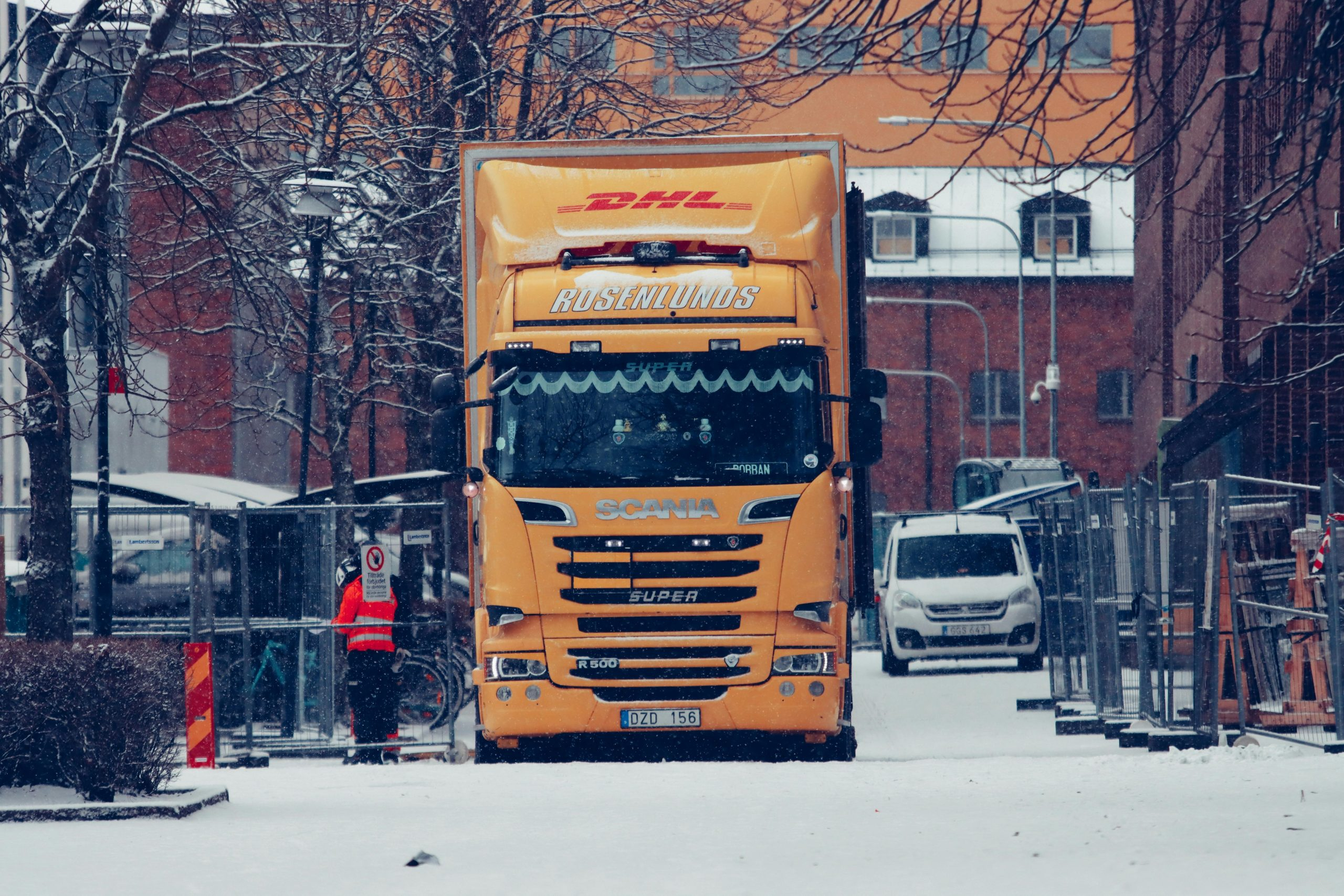The future of logistics: how autonomous trucks are changing freight
The future of logistics is always evolving, with advancements in technology transforming the way we think about and handle freight. One major development that has been making waves in the industry is the use of autonomous trucks. These self-driving vehicles are changing the game when it comes to freight transport, offering numerous benefits and paving the way for a more efficient and sustainable logistics industry. In this article, we’ll take a closer look at how autonomous trucks are revolutionizing the world of freight and what the future may hold for this exciting technology.
The rise of autonomous trucks
Autonomous trucks, also known as self-driving trucks, are equipped with advanced sensors, cameras, and artificial intelligence software that allow them to navigate and operate without a human driver. While the concept of self-driving vehicles has been around for a while, it’s only been in recent years that we’ve seen major developments in the industry. Companies like Waymo, Tesla, and Embark are leading the way in producing and testing autonomous trucks on the roads.
Benefits of autonomous trucks in logistics
Increased safety
One of the main benefits of autonomous trucking is the potential for increased safety on the roads. The majority of accidents on the highways involve human error, such as driver fatigue, distractions, or reckless driving. With self-driving trucks, these risks are eliminated, as the vehicles are constantly aware of their surroundings and can react faster than a human driver. This could lead to a significant reduction in accidents and fatalities on the roads.
Greater efficiency
Autonomous trucks have the potential to significantly improve the efficiency of freight transport. Unlike human drivers, these machines don’t require rest breaks, meaning they can operate around the clock. This increases the number of shipments that can be made in a shorter period of time. Additionally, autonomous trucks can optimize routes and driving patterns, leading to reduced fuel consumption and lower transportation costs.
Improved sustainability
The use of autonomous trucks could also have a positive impact on the environment. With better route optimization and more efficient driving patterns, these vehicles can significantly reduce carbon emissions. In addition, platooning – the formation of a group of trucks driving closely together in a line – has been shown to reduce fuel consumption and emissions by up to 10%. This could make a significant contribution to the efforts of reducing the carbon footprint of the logistics industry.
Challenges and concerns
Regulations and infrastructure
While the benefits of autonomous trucks are clear, there are still some challenges and concerns that need to be addressed before this technology can become mainstream. One major hurdle is developing and implementing regulations to ensure the safe use of self-driving vehicles on the roads. Additionally, infrastructure needs to be adapted to accommodate the unique needs of autonomous trucks, such as dedicated lanes and charging stations.
Job displacement
The rise of autonomous trucks also raises concerns about job displacement in the trucking industry. Currently, there are over 3.5 million truck drivers in the US alone, and it’s estimated that self-driving trucks could replace up to 294,000 of these jobs. While this may lead to job losses in the short-term, there could also be opportunities for upskilling in other areas of the logistics industry, such as remote monitoring and maintenance of autonomous vehicles.
The future of autonomous trucks in logistics
Despite the challenges, it’s clear that autonomous trucks are here to stay and will continue to shape the future of logistics. With advancements in technology and ongoing investment in research and development, we can expect to see more self-driving trucks on the roads in the near future. There’s also potential for further integration with other emerging technologies, such as artificial intelligence and the Internet of Things, to further optimize and streamline freight transport.
Overall, the future of logistics is looking bright, with autonomous trucks leading the way in transforming the industry. As with any major technological shift, there will be adjustments and challenges along the way, but the potential benefits for safety, efficiency, and sustainability are too great to ignore. It’s an exciting time to be a part of the logistics industry, and the possibilities for the future are endless with the continued advancements in autonomous trucking.










